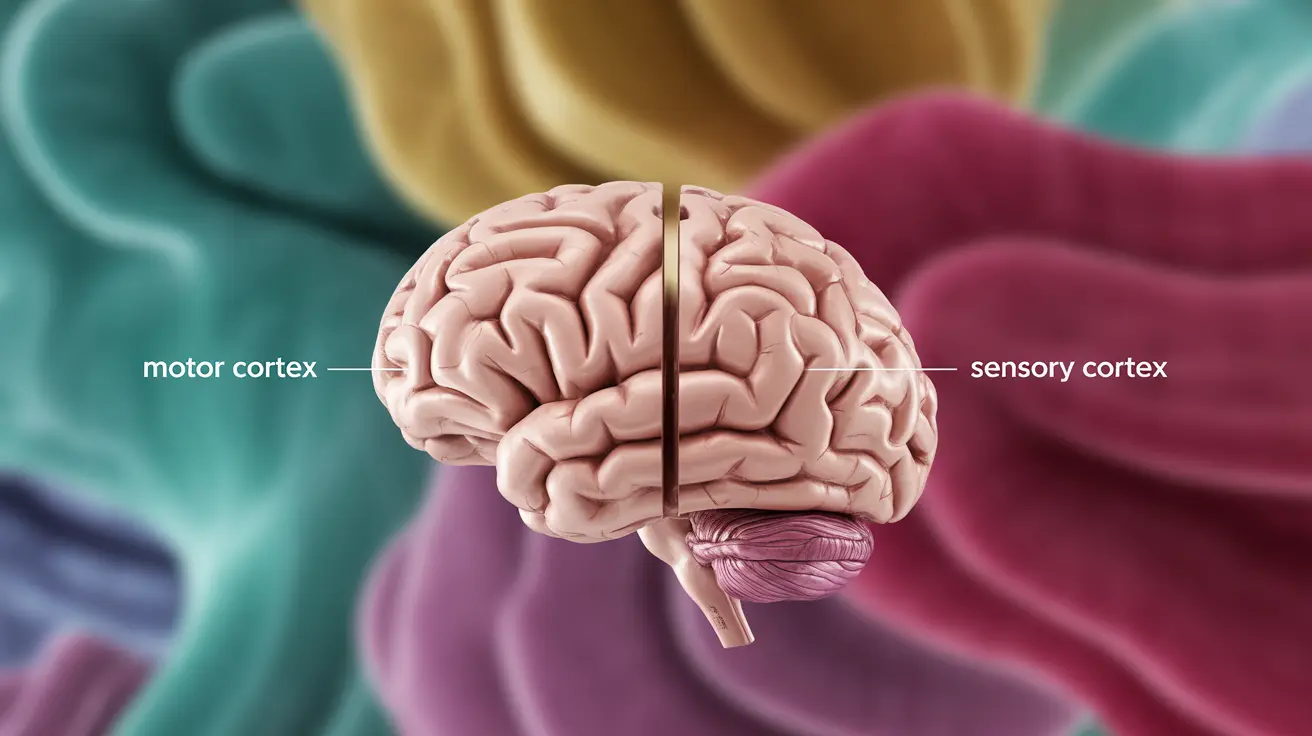The relationship between left-handedness and intelligence has long fascinated researchers and the general public alike. With approximately 10-12% of the global population being left-handed, questions about potential cognitive advantages or differences have sparked numerous scientific studies and discussions. This article explores the fascinating connection between handedness and intellectual capabilities, separating fact from fiction through evidence-based research.
The Science of Brain Structure and Handedness
Left-handed individuals often display unique patterns of brain organization that differ from their right-handed counterparts. Research has shown that lefties frequently have more symmetrical brain hemispheres, which can lead to enhanced communication between different parts of the brain. This distinctive neural architecture doesn't necessarily translate to higher intelligence but may contribute to specific cognitive strengths.
The Role of Brain Lateralization
Brain lateralization, or how different cognitive functions are distributed between the brain's hemispheres, varies between left and right-handed individuals. Left-handed people often show more balanced use of both hemispheres, potentially enabling faster information processing in certain tasks. However, this difference in brain organization represents diversity rather than superiority in cognitive ability.
Cognitive Advantages and Specialized Skills
While research doesn't support the notion that left-handed people are universally smarter, studies have identified specific areas where they might excel. These advantages often relate to spatial awareness, creative thinking, and certain types of problem-solving abilities.
Creative and Artistic Abilities
Some studies suggest that left-handed individuals may have enhanced creative capabilities, particularly in divergent thinking and artistic expression. This could be attributed to their unique brain organization and the adaptive strategies they develop in a right-handed world. However, creativity itself is complex and influenced by many factors beyond handedness.
Athletic and Motor Skills
Left-handed people often demonstrate advantages in sports and activities requiring quick reactions. This advantage may stem from their experience adapting to right-handed environments and the element of surprise they bring to competitive situations. However, these benefits are specific to certain contexts and don't indicate overall superior cognitive ability.
Debunking Common Myths
Many misconceptions exist about left-handedness and intelligence. Historical prejudices and cultural beliefs have sometimes led to unfounded assumptions about cognitive abilities based on handedness. Modern research emphasizes that intelligence is determined by numerous factors, with handedness playing only a minor role, if any.
The Reality of IQ Studies
Comprehensive studies examining IQ scores between left and right-handed individuals have found no significant overall differences. While some research has shown slight variations in specific cognitive tasks, these differences are typically small and don't support claims of general intellectual superiority in either group.
Frequently Asked Questions
Are left-handed people generally smarter or have higher IQs than right-handed people?
Research does not support the claim that left-handed people are generally smarter or have higher IQs than right-handed people. While some studies show advantages in specific cognitive areas, overall intelligence is not determined by handedness.
How does brain structure differ between left-handed and right-handed individuals?
Left-handed individuals often have more symmetrical brain hemispheres and may show different patterns of brain lateralization compared to right-handed people. This can result in unique neural pathways and processing patterns, though these differences don't indicate superior intelligence.
Do left-handed people have advantages in creativity or verbal skills?
Some studies suggest left-handed individuals may have certain advantages in creative thinking and artistic expression. However, these findings are not universal, and verbal skills appear to be independent of handedness.
Is there a connection between left-handedness and better motor coordination or other cognitive abilities?
Left-handed people may show advantages in specific motor skills and sports, particularly in competitive situations. However, these benefits are context-specific and don't extend to overall cognitive ability or coordination.
What myths exist about left-handedness and intelligence, and what does scientific research actually say?
Common myths suggest left-handed people are universally more intelligent or creative. Scientific research shows that while handedness may influence certain cognitive processes, it doesn't determine overall intelligence or capability. Individual differences and various environmental factors play much more significant roles in cognitive development.




